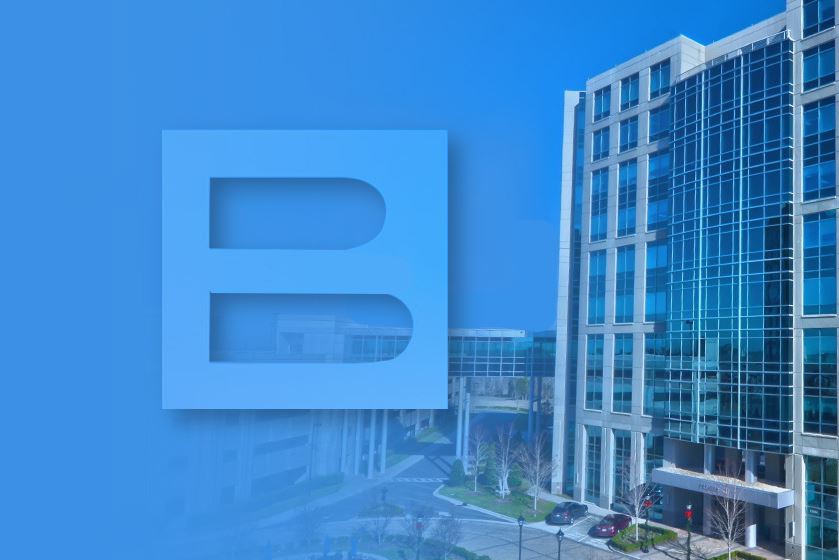You slipped and fell on a wet restaurant floor.
Your neighbor’s pet dog bit you.
An amusement park ride injured you.
The food at the local diner made you ill.
Personal injury claims arising from these situations involve Premise Liability concepts. Premise Liability principles hold property owners and tenants responsible when dangerous property conditions injure people. Common law or judicial law, rather than statutory or legislative law, govern Premise Liability claims.
The above instances are just a few examples of Premise Liability cases. They actually cover a broad range of situations. Anything potentially dangerous on a property can lead to potential problems. Other examples include:
- inadequate building security (leading to injuries or assaults)
- defective lighting (leading to injuries or assaults)
- faulty conditions
- poor maintenance
- swimming pool accidents
- floods
- chemical spills
- elevator and escalator mishaps
- fires
Reasonable Care
Property owners must safeguard visitors from injury or extend “reasonable care,” meaning they must properly maintain the property and make sure it is safe for visitors (i.e. they must make repairs and clean spills). If a property owner or tenant cannot timely remedy an unsafe condition they must provide noticeable warning. Sometimes, too, if the condition is apparent to a reasonable person, property owners and tenants may not have a duty to warn visitors.
Unlawful Visitors
The reasonable care standard and duty to warn requirement does not extend to trespassers or unlawful visitors. There are two exceptions:
- implied permission: when the property owner or tenant, through their words or actions, agreed to the visitor’s entry upon the property.
- attractive nuisance: when the owner or tenant left a dangerous article upon the property or where the property itself that attracts children (ditched refrigerators, tractors, unguarded pits) who unlawfully enter the property.
If you ever suffer a Premise Liability injury, it’s important to know the kind of property on which you were hurt. There are three kinds:
- individually owned (business or residence)
- public property (sidewalk, road, government agency)
- corporate owned (commercial building, store)
Usually, the property owner is responsible for the upkeep of the property to extend reasonable care, provide duty of care, and perform other obligations. The tenant (renter, building manager, mall operator), however, could be responsible for those tasks (depending on rental or lease agreements). Or, the tenant might be required to report problems to the property owner.
A Premises Liability Claim
A successful premises liability claim requires you to show that:
- an unsafe condition existed on the property
- the property owner or tenant knew or should have known about the unsafe condition
- you lawfully visited the property
- the property owner or tenant did not reasonably correct or warn about the dangerous condition
- the dangerous condition caused your injury
- your injuries caused recoverable damagers (lost wages, medical bills)
Contributory Negligence
North Carolina follows a contributory negligence doctrine, so if the judge or other fact finder considers the plaintiff at fault in any way whatsoever, they cannot recover any damages.
If you or anyone you know suffered a Premise Liability injury, you or they need an experienced, knowledgeable attorney. There’s a lot of detailed information and complicated law with which to sort through. You want the best attorney on your side. You want Thomas D. Baumgardner. He knows the applicable laws and can help you determine your best course of action. He passionately pursues justice and compensation for his clients. Contact him at (704) 870-4779 email him at info@ballantynelegal.com to learn more about the legal services he provides and to book an appointment.


